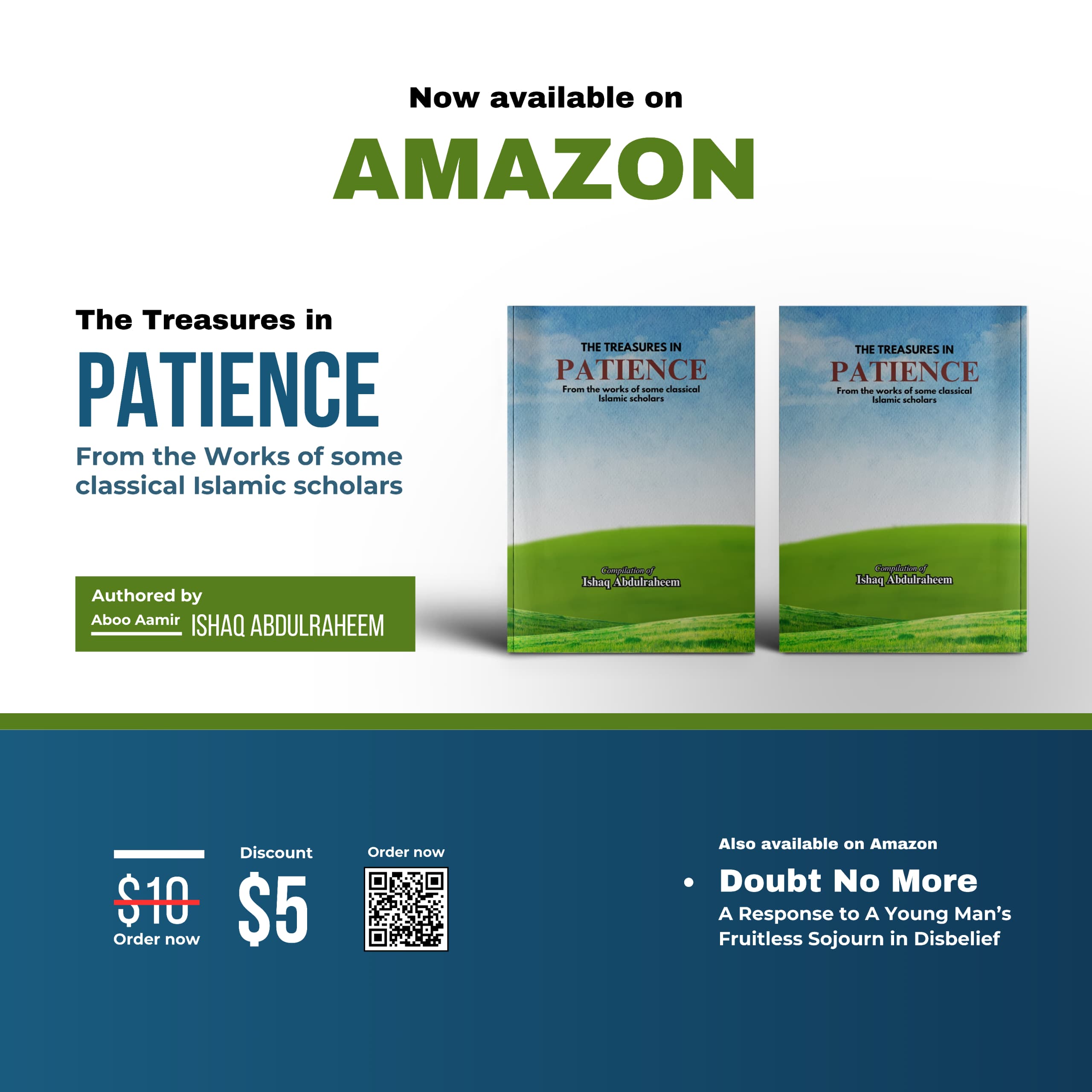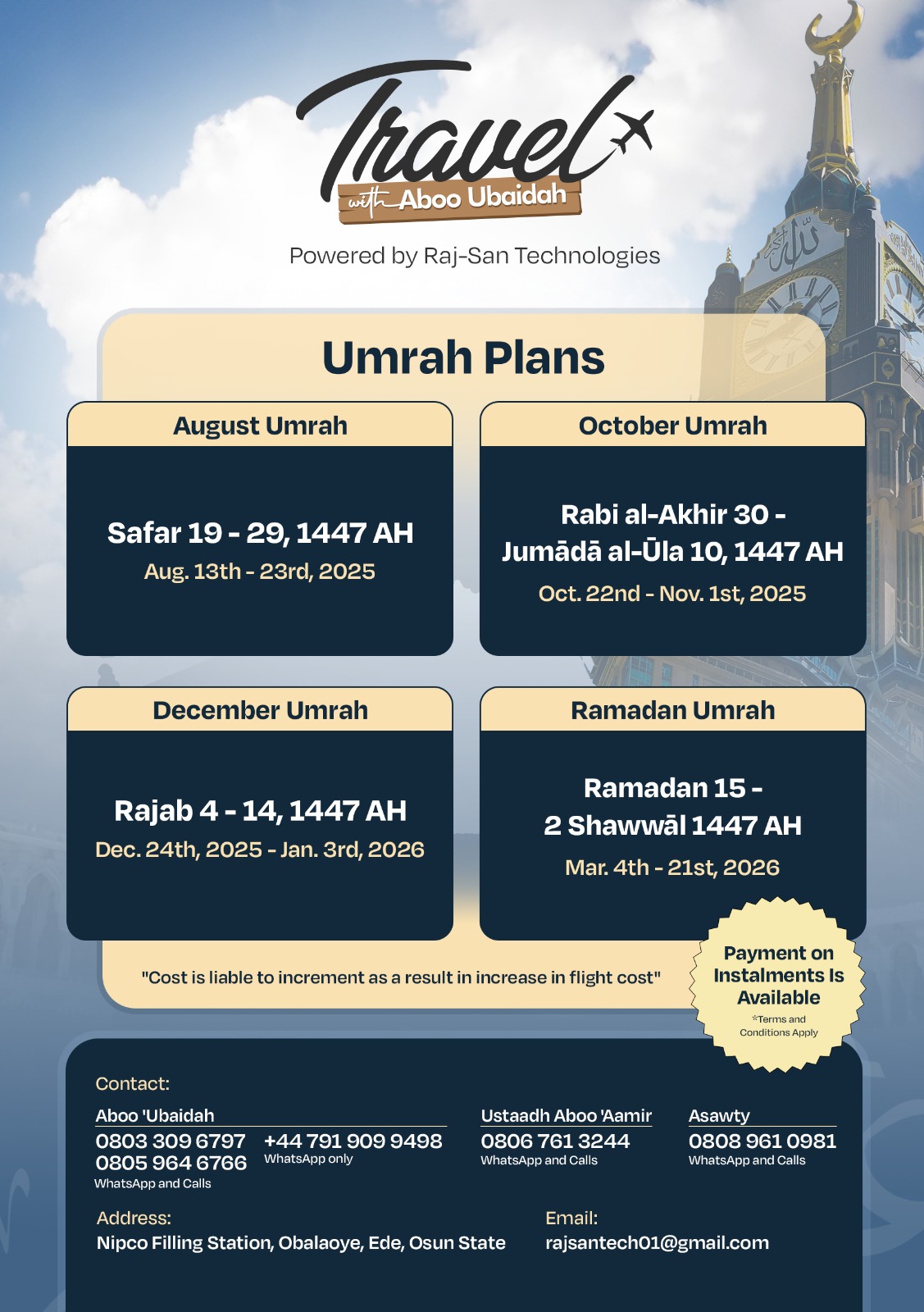Bismillaahir Rahmaanir Raheem
الإبراز لأقوال العلماء ÙÙŠ أن Ø§Ù„Ø¬Ø±Ø ÙˆØ§Ù„ØªØ¹Ø¯ÙŠÙ„ عن الاجتهاد ØŒ وأن الإلزام بالتبديع لا يكون إلا لما أجمع عليه العلماء الأبرار
An Exposition on Scholars' Statements that the Matter of Jar'h Wa Ta'deel (Praise and Disparagement of Individuals) Is A Scholarly Effort, and That Forcing Others on Verdicts of Tabdee (Declaring as Deviants) Can Only Be In What the Erudite Scholars Agree Upon
(A compilation by a slave of Allaah. Translated with permission by Aboo Aamir Ishaaq bn Abdurraheem. May Allaah reward the compiler best)
Ùصل: ذكر الأقوال أن Ø§Ù„Ø¬Ø±Ø ÙˆØ§Ù„ØªØ¹Ø¯ÙŠÙ„ بالاجتهاد
Part One
A Mention of Scholars' Statements That Jar'h Wa Ta'deel is A Matter of Ijtihaad (hence it is susceptible to correctness and otherwise)
Ù¡. قال الإمام الترمذي-رØمه الله- :"وقد اختل٠الائمة من أهل العلم ÙÙŠ تضعي٠الرجال، كما اختلÙوا ÙÙŠ سوى ذلك من العلم." (العلل الصغير: ص؛ ٨٩٥)
1. Said Al-Imaam at-Tirmidhee (1)- rahimahullah:
'Scholars of knowledge have differed regarding declaring (narrators) as weak, as they differed in matters of knowledge other than that.'
Al-Ilal As-Sagheer: 895
Ù¢. قال أبو الوليد الباجي -رØمه الله- : "Ø£Øوال المØدثين ÙÙŠ Ø§Ù„Ø¬Ø±Ø ÙˆØ§Ù„ØªØ¹Ø¯ÙŠÙ„ØŒ مما يدرك بالاجتهاد، ويعلم بضرب من النظر. " (التعديل ÙˆØ§Ù„ØªØ¬Ø±ÙŠØ Ù„Ù…Ù† خرج عنه البخاري ÙÙŠ الجامع الصØÙŠØ [٢٥١/Ù¡] )
2. Abu Al-Waleed Al-Baajee (2) - rahimahullah - said:
'The conditions of people of hadeeth regarding Jar'h Wa Ta'deel are what can be ascertained through Ijtihaad, and known via a body of views.'
At-Tadeel Wat-Tajreeh liman kharraj an'hu Al-Bukhaaree fil-Jaami as-Saheeh: 1/251
Ù£. Ùال الØاÙظ عبد العظيم بن عبد القوي المنذري - رØمه الله- : "واختلا٠هؤلاء المØدثين كاختلا٠الÙقهاء، كل ذلك يقتضيه الاجتهاد، Ùإن الØاكم إذا شهد عنده Ø¨Ø¬Ø±Ø Ø´Ø®ØµØŒ اجتهد ÙÙŠ أن ذلك القدر مؤثر أم لا؟
وكذلك المØدث إذا أراد الاØتجاج بØديث شخص، ونقل إليه Ùيه Ø¬Ø±Ø Ø§Ø¬ØªÙ‡Ø¯ Ùيه هل هو مؤثر أم لا؟
ويجري الكلام عنده Ùيما يكون جرØا، ÙˆÙÙŠ تÙسير Ø§Ù„Ø¬Ø±Ø ÙˆØ¹Ø¯Ù…Ù‡ØŒ ÙˆÙÙŠ اشتراط العدد ÙÙŠ ذلك كما يجري عند الÙقيه...." (جواب المنذري عن أسئلة ÙÙŠ Ø§Ù„Ø¬Ø±Ø ÙˆØ§Ù„ØªØ¹Ø¯ÙŠÙ„ [ص:٨٣] )
3. Al-Haafidh Abduladheem bn Abdulqawiyy al-Mundhiree (3) - rahimahullah - said:
'The differences between these people of hadeeth are the same as the differences between the jurists, everything goes down to Ijtihaad. So when a scholar testifies that a certain individual is blameworthy before him, he would exercise his scholarly power to see if that will impact (negatively) or not. So also is a scholar of hadeeth, whenever he intends to use the hadeeth of a person as a proof, and a disparagement is brought to him about it, he will look at it scholarly if that will impact (negatively) or not, then he will go with the statement of disparagement if he so sees it, so also in the reason for the disparagement or otherwise, also he will look at the number of disparagers (among the scholars of hadeeth) as that goes with a faqeeh (in his own field).
Jawaab al-Mundhiree an' as'ilatin fee al-Jar'h wat-Ta'deel: 83
Ù¤. قال الإمام الأمير الصنعاني -رØمه الله- :"قد يختل٠كلام إمامين من أئمة الØديث، Ùيضع٠هذا Øديثا وهذا يصØØÙ‡! ويرمي هذا رجلا من الرواة بالجرØØŒ وآخر يعدله!
Ùهذا مما يشعر بأن التصØÙŠØ ÙˆÙ†Øوه من مسائل الاجتهاد الذي اختلÙت Ùيه الآراء." (إرشاد النÙاد [ص:٤١] )
4. Said Al-Imaam Al-Ameer as-Sana'anee (4) - rahimahullah:
'Two statements of scholars of hadeeth may differ regarding a hadeeth such that this will weaken the hadeeth while the other regards it as authentic, the former may regard a man from among its narrators as blameworthy while the latter did not. This is among what makes us know that authenticating narrators or what is similar is from the matters of Ijtihaad which often go with difference of views.'
Ir'shaad an-Nuqqaad: 41
Ù¥. قال العلامة جمال الدين القاسمي -رØمه الله-: "ومعرÙØ© الرجال علم واسع، ثم قد يكون المصيب من يعتقد ضعÙÙ‡ لاطلاعه على سبب جارØØŒ وقد يكون الصواب مع الآخر لمعرÙته أن ذلك السبب غير جارØØŒ إما لأن جنسه غير جارØØŒ أو لأنه كان له Ùيه عذر يمنع الجرØ. وهذا باب واسع وللعلماء بالرجال وأØوالهم ÙÙŠ ذالك من الإجماع والاختلا٠مثل ما لغيرهم من سائر أهل العلم ÙÙŠ علومهم." (قواعد التØديث [ص:٣٩١] )
5. Al-Allaamah Jamaaludeen al-Qaasimee (5) - rahimahullah - said:
'The knowledge about narrators of hadeeth is wide, the more correct scholar (in a matter of differences) can be the one who believes that a certain narrator is weak because of the fact that he is aware of the reason of his being blameworthy, and it may be that the more correct scholar is the one that believes that the reason of the disparagement is not enough, perhaps because the reason is not what can be regarded as disparaging (enough), or that the individual had a reason for which he was not liable for disparagement. This field is wide! Scholars who have knowledge about conditions of narrators have their agreed and diverging points just as scholars of other fields have theirs.'
Qawaaid at-Tahdeeth: 391
Translator's Note:
(1) He is Al-Imaam Abu Isa Muhammad bn Isa at-Trimidhee. One of the foremost students of Al-Imaam Al-Bukharee. He was among the Six Major Collectors of Hadeeth. He lived between 209 and 279 Hijrah. Rahmatullaah alayhi.
(2) He is Abu-Waleed Sulayman bn Khalaf bn Sa'd (rahimahullah). A scholar of Maghreb who lived between 403 and 474 Hijrah.
(3) He is Al-Imaam Abduladheem bn Abdulqawiyy al-Mundhiree, an Egyptian scholar that of Syrian origin. He lived between 581 and 656 Hijrah, rahimahullah.
(4) He is Muhammad bn Ismaeel Al-Ameer as-Sana'anee, from Yemen. He lived from 1099 to 1182 Hijrah (1687-1768 CE). Rahimahullah.
(5) He is Al-Imaam Jamaaludeen al-Qaasimee from Syria whose works had tremendous effects on Al-Imaam Al-Albaani. He lived between 1283 and 1332 Hijrah. Rahimahullah.
Click HERE for Part Two

